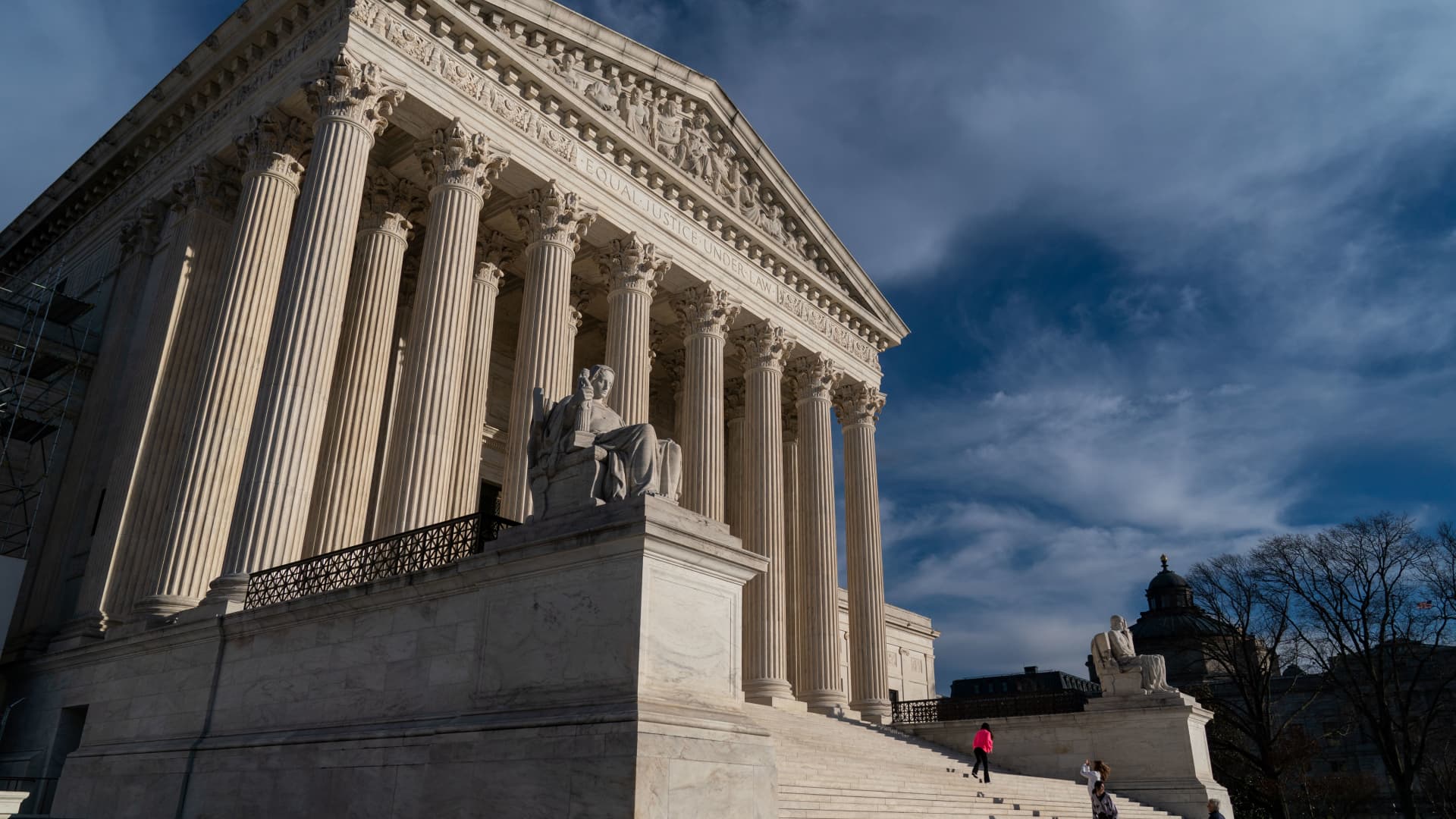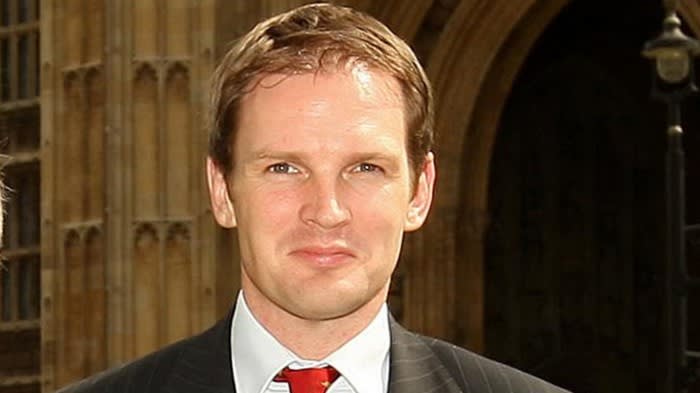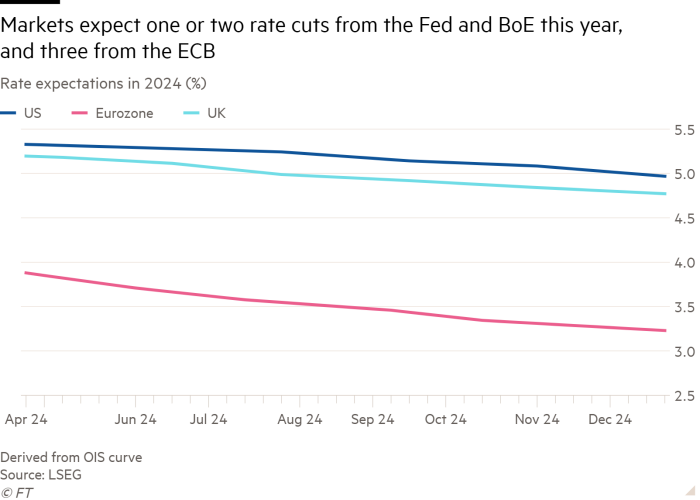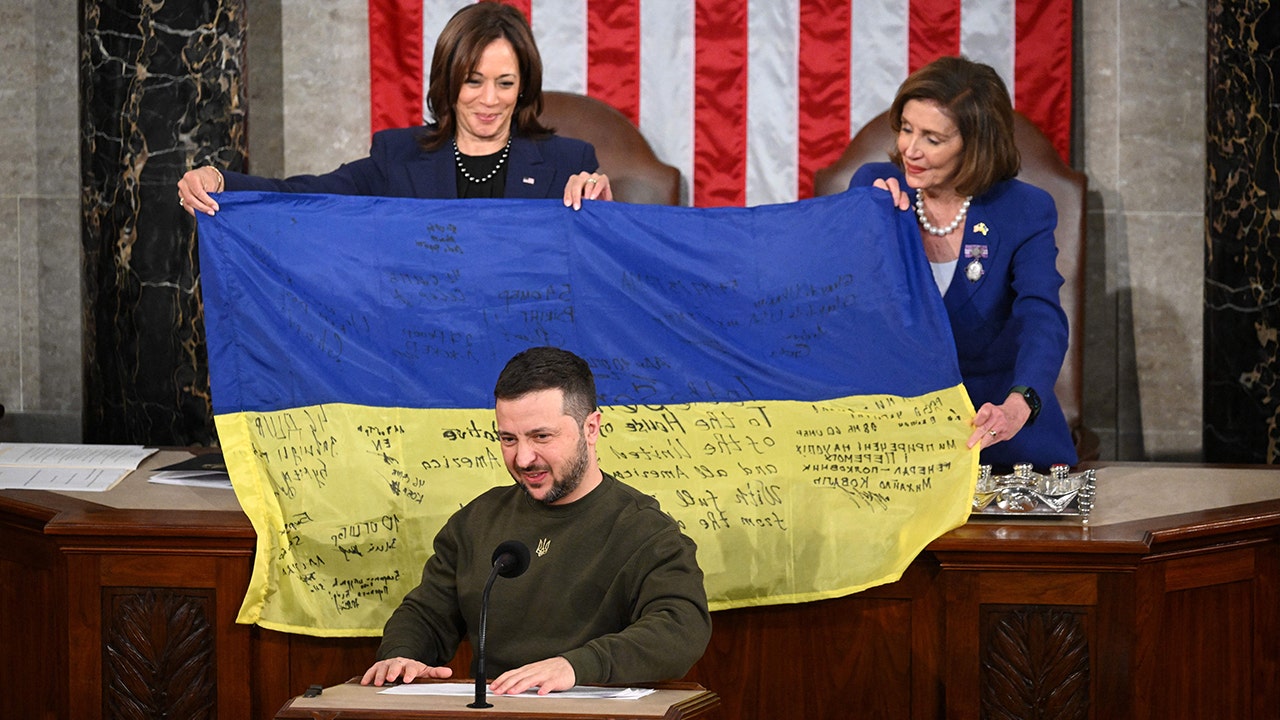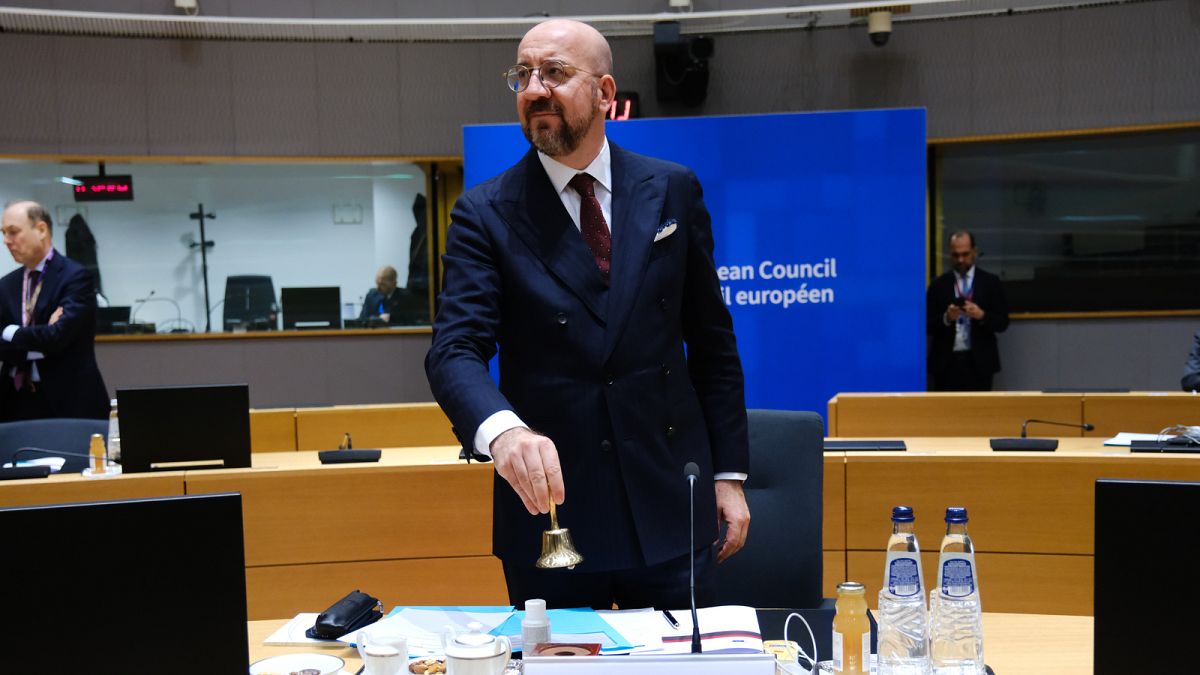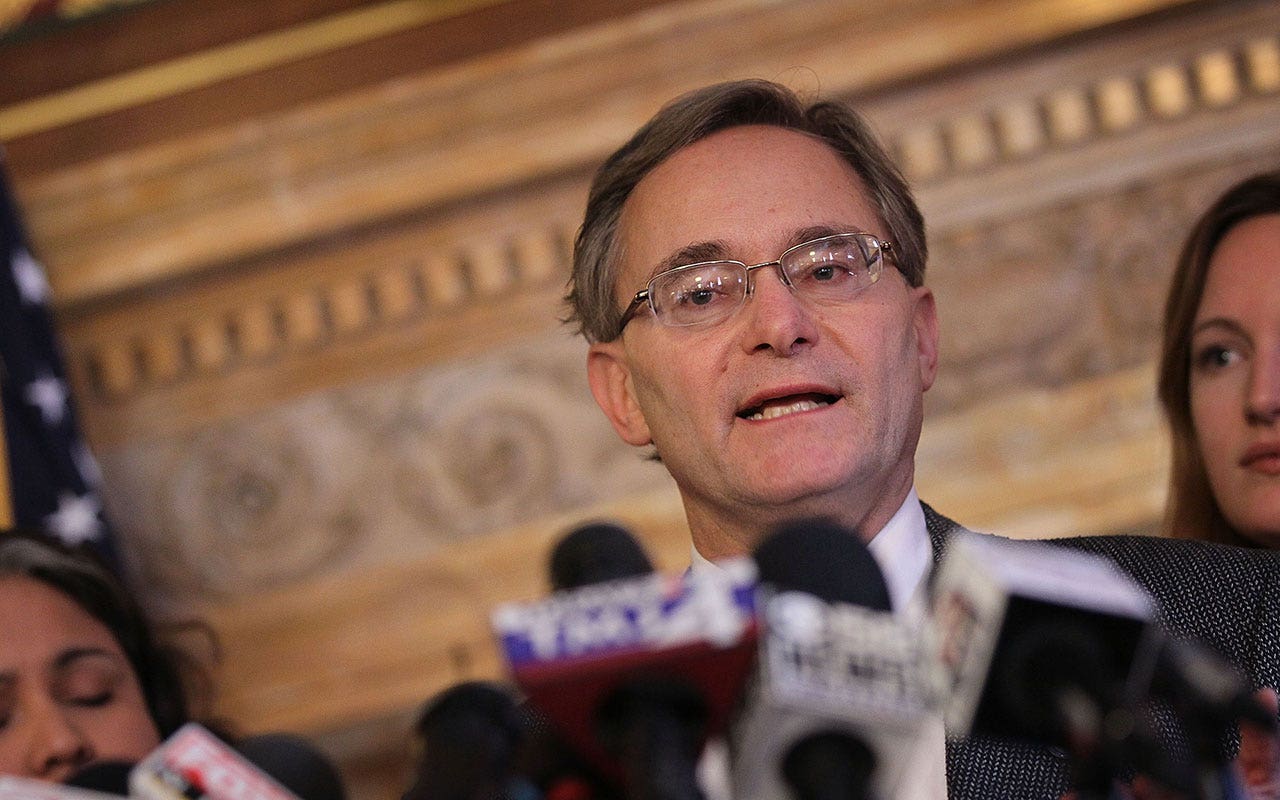Dan Poulter, a Conservative MP and former minister, has defected to Labour, delivering a blow to Prime Minister Rishi Sunak just days before a crucial round of local elections.
Poulter, a mental health doctor, said he was quitting because he could not look NHS colleagues and patients “in the eye with good conscience”, claiming that the Conservatives no longer valued public services.
His defection is a setback for Sunak, who is trying to rally his party before local elections in England and Wales on May 2, with polls suggesting the Tories will suffer serious losses.
Poulter, MP for Central Suffolk and North Ipswich, won his seat at the 2019 election with a 23,391 vote majority over Labour. He said he would continue to represent the seat as a Labour MP and stand down at the next election.
Speaking to the BBC’s Laura Kuenssberg, Poulter said he had “no animus” towards Sunak but said that the country needed an early election to place the NHS in the hands of Labour leader Sir Keir Starmer.
Starmer said he was pleased by Poulter’s decision, revealed on Saturday afternoon, adding: “It’s time to end the Conservative chaos, turn the page and get Britain’s future back.”
A health minister in David Cameron’s coalition government, Poulter said: “I found it increasingly difficult to look my NHS colleagues in the eye, my patients in the eye, and my constituents in the eye with good conscience.”
He added: “The difficulty for the Conservative party is that the party I was elected into valued public services . . . it had a compassionate view about supporting the more disadvantaged in society.
“I think the Conservative party today is in a very different place.”
Asked why he did not stand down immediately as an MP and trigger a by-election, Poulter said: “I thought on balance, because there’s going to be an election very soon, it’s better to work for my constituents through to the end of this parliament.”
Tory sources claimed that Poulter did little work for his constituency or in parliament, suggesting he had defected to Labour partly because Sunak was not intending to give him a seat in the House of Lords.
Sunak’s allies claim the prime minister enjoyed a series of successes last week, setting out policies including welfare reform and extra defence spending, while succeeding in gaining Royal Assent for his Rwanda bill.
Poulter’s defection to Labour will change the political debate, not least because the former Tory MP seems determined to cause damage to Sunak’s reputation on the NHS on his way out.
Since 2019 two other Conservative MPs have joined other parties. Lee Anderson, former deputy chair of the Conservative party, joined Reform UK last month. Christian Wakeford left the Tories for Labour in 2022.
The Conservative party said: “For the people of Central Suffolk and North Ipswich this will be disappointing news. What Dan says is wrong as Sir Keir Starmer has no plan for our NHS.”
A Tory source said: “It’s a shame Dan didn’t make more of an effort turning up to parliament to do the work he’s been paid to do if he feels so strongly about our NHS. Clearly he’s had other plans on his mind for some time.”
“Most of our MPs thought he’d already left parliament.”
The Conservatives are confident of winning the seat at the next election, which is regarded as one of the safest in the country.

